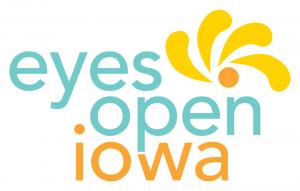Cardea offers training on a range of content and skills to support effective sexual health education implementation. Training options include existing training modules or customized training to support the needs of your faculty or staff.
Topics can include:
- Gender and sexual diversity
- Gender-affirming education and services
- Trauma-informed facilitation and care
- Disability inclusive practices
- Sexual health education and social and emotional learning
- Social media and sexually explicit materials
- Consent and healthy relationships
- Sexual violence prevention
- Affirmative consent and bystander training
- Answering sensitive questions
- Equity inclusive sex education strategies
- Teaching sexual health education virtually
- Sexual health education content updates
- Fidelity monitoring for sexual health education
- Adapting and modifying sexual health education curricula
- Youth centered engagement and program design
- Adolescent friendly services
- Unconscious bias
- Minor consent
- Confidential services
Our virtual and in-person training ranges from 90-minute presentations to multi-day workshops.




